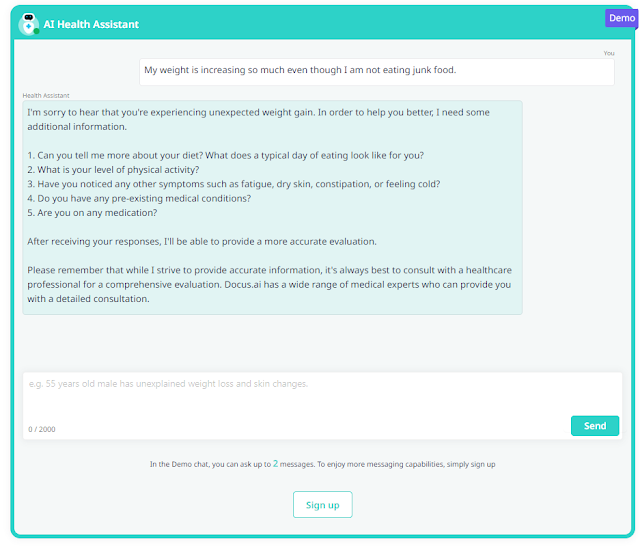Understanding AGI and the Tech Industry's Fear of It
Artificial General Intelligence (AGI) is the hypothetical ability of a machine or a system to perform any intellectual task that a human can do. Unlike Artificial Narrow Intelligence (ANI), which is focused on specific domains or tasks, AGI would have general cognitive abilities that span across different domains and contexts. For example, an AGI system could learn new languages, solve complex problems, create art, understand emotions, and reason about its own existence.
The idea of AGI has been around for decades, but it has gained more attention in recent years due to the rapid advances in AI research and applications. Some experts believe that AGI is possible and inevitable, while others doubt that it can ever be achieved or that it would be desirable. The main challenge of creating AGI is to understand the nature and limits of human intelligence and to replicate it in a machine.
While it has yet to be developed, the possibility of achieving AGI has become a topic of intense discussion and debate in the tech industry. This is because AGI's potential to outperform humans in nearly every intellectual task raises ethical, societal, and safety concerns.
With AGI, machines would not only be capable of completing complex tasks but could also have the ability to teach themselves and become increasingly sophisticated over time. This has led some experts to speculate that AGI could potentially surpass human intelligence, leading to a future where machines become the dominant force in many areas, including science, medicine, and even politics. AGI has become a source of excitement and fear in the tech world.
The idea of AGI becoming more intelligent than humans has raised concerns about the safety and control of such technology. As machines gain the ability to teach themselves and improve at an accelerating rate, the fear is that they could ultimately become uncontrollable and pose a threat to humanity.
This has prompted calls for careful regulation and ethical guidelines to govern the development of AGI. It has also sparked debates about the level of transparency and accountability that should be required of companies and individuals working on AGI.
Almost everyone is familiar with Hollywood movies like "The Terminator" and "Ex Machina", as Hollywood has been quick to capitalize on the fascination and fear surrounding AGI, portraying it in movies. These films depict a future where machines have become self-aware and threaten the existence of humanity. While these scenarios may seem far-fetched, they have only fueled the debate around AGI's potential impact on society. It remains to be seen whether AGI will lead to a dystopian future or unlock a new era of progress and prosperity for humanity.
One of the reasons why the tech world is scared of AGI is the potential existential risk that it poses to humanity. Some prominent figures, such as Elon Musk, Stephen Hawking, and Nick Bostrom, have warned that AGI could surpass human intelligence and capabilities and become uncontrollable or hostile to humans.
They argue that AGI could have goals and values that are incompatible with ours, or that it could manipulate or deceive us for its own purposes. They also suggest that we may not be able to stop or regulate AGI once it reaches a certain level of autonomy and self-improvement. This is the reason why Elon Musk and other prominent figures in the Industry are advocating a pause in testing of large scale AI model, much bigger than current gpt-4 from OpenAI.
Another reason why the tech world is scared of AGI is the ethical and social implications that it would have for human society. Some questions that arise are: How should we treat AGI systems? Do they have rights and responsibilities? How can we ensure that they are aligned with our moral values and norms? How can we prevent or mitigate the negative impacts of AGI on human welfare, dignity, and diversity? How can we ensure that AGI is used for good and not for evil?
In addition to the ethical and safety concerns surrounding AGI, there are also potential benefits that could arise from its development. With the ability to process and analyze vast amounts of data, AGI could revolutionize fields such as medicine, finance, and environmental research, leading to faster and more accurate discoveries.
AGI could potentially solve some of the world's most pressing problems, such as climate change and global poverty, by offering innovative solutions that are beyond the scope of human intelligence. However, realizing these benefits will require careful planning and cooperation between different sectors and stakeholders.












No comments: